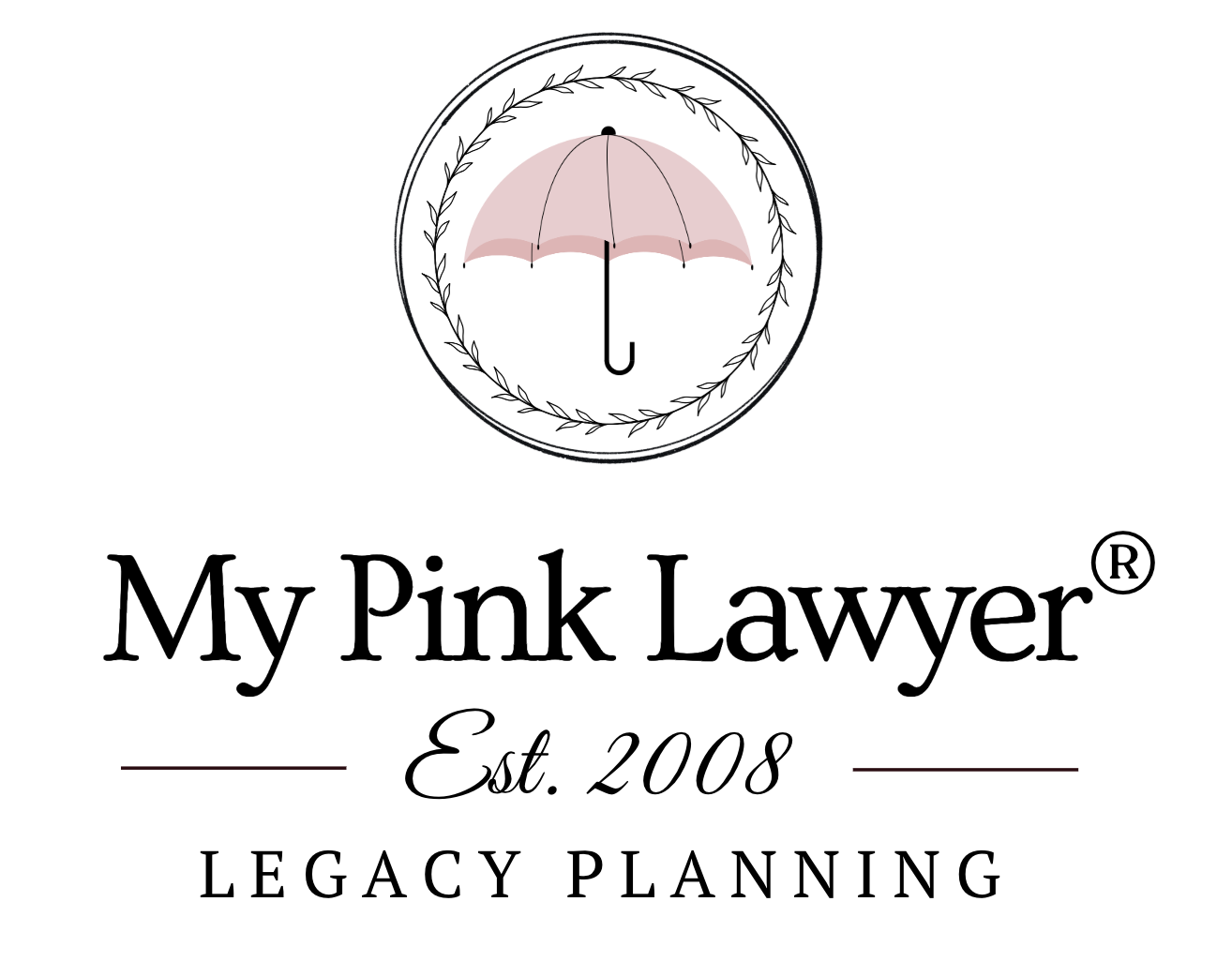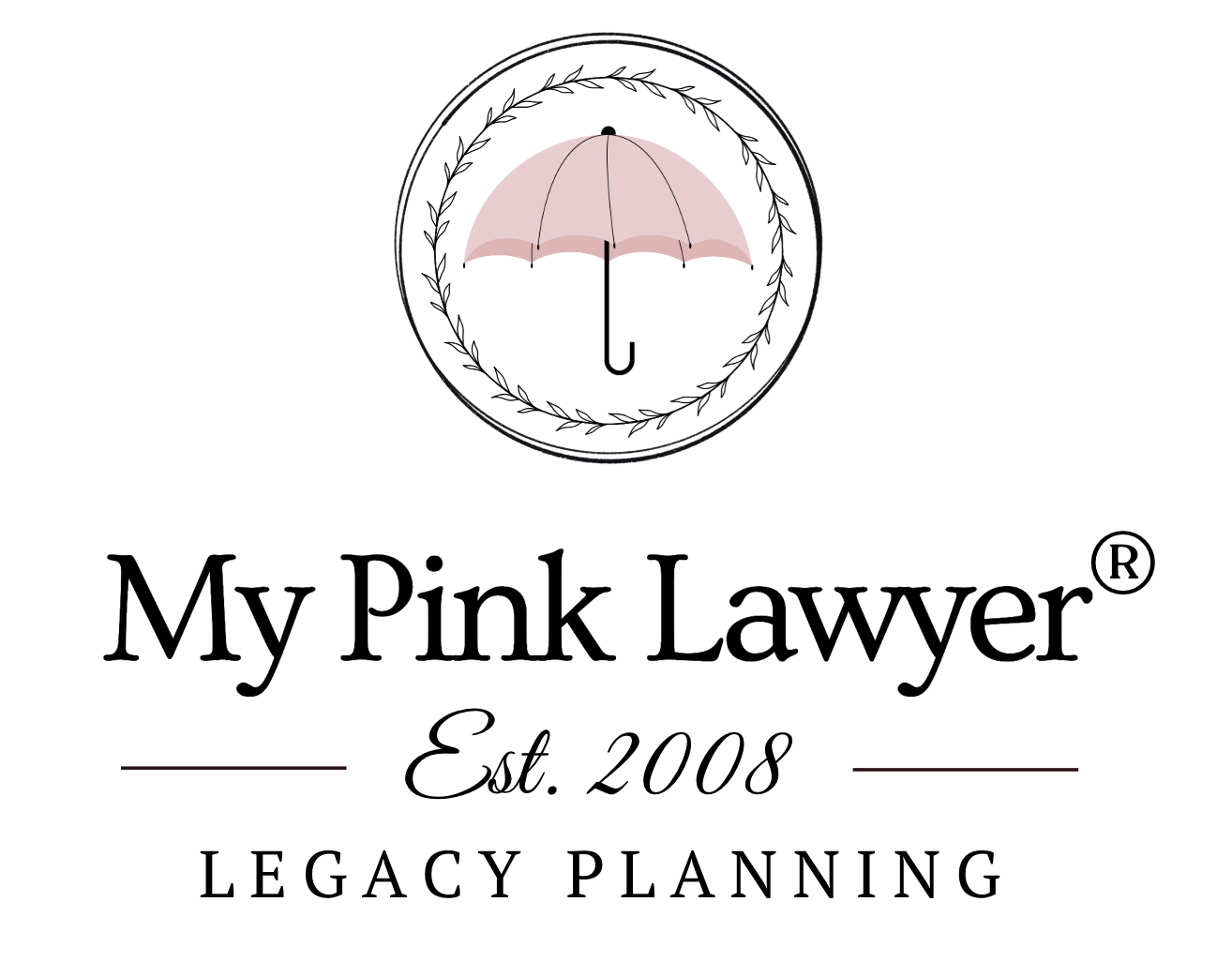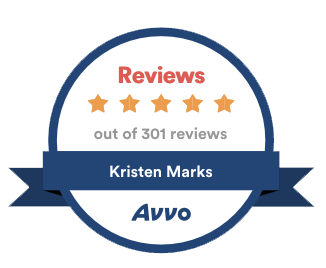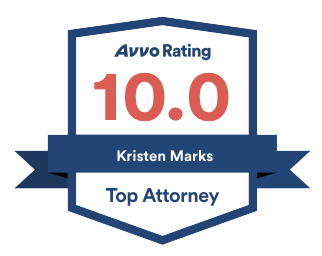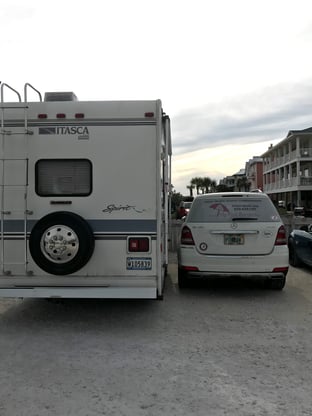
Trapped in the parking lot
“I’m sorry to tell you this but your mom’s trust does not own any of her assets so her estate will need to be probated,” I recently told a new probate client.
“What do you mean? She has a written trust. You have a copy of it.”
“I know. But we just reviewed all of her assets and accounts and everything is still owned in her name; not in the name of her trust.”
Sigh. This is never a fun conversation to have with clients, especially when they mistakenly believe that just because their parent signed a trust, that no probate will be needed now that they have passed away.
The biggest, and most common, mistake that I see with living trusts is that folks do not retitle their assets into their trust after they execute it.
A trust only affects those assets and accounts that it owns.
Let me say that again.
A living revocable trust will only avoid probate for the property and money that is titled to the trust, or payable to the trust upon death through a written beneficiary designation.
A living revocable trust is a common estate planning tool used to prevent probate after a person dies.
Without getting too technical, probate is the court process of retitling assets out of someone’s name when they die and into the names of whomever is supposed to inherit those assets.
Probate takes time (up to a year or more in the courts), money (thousands of dollars), and oftentimes, family headaches.
Living trusts are a terrific probate avoidance vehicle but they only work as intended if one actually funds their trust.
A qualified estate planning professional will actually fund your trust for you or hold your hand and provide you with detailed guidance on doing so.
Unfortunately, DIY online drafting sites offer little to no trust funding support or guidance (the recent conversation I had above dealt with a DIY living trust) nor do increasing numbers of so-called estate planning attorneys who think that selling trusts is an easy way to increase their firm revenue.
My clients joke with me about the “homework” I give them after each appointment. Some of this so-called homework includes taking letters I prepare for them to their bank to retitle their accounts into their trust or to obtain new beneficiary forms so we can update their beneficiaries to support their new estate plans.
To the extent possible, avoiding probate is always a planning goal I review with clients. And living revocable trusts are one tool in an estate planner’s arsenal to avoid probate when funded correctly.
The morale to this story is that if you decide to use a living trust as part of your Family Succession Planning, make sure that you take the necessary steps with your estate planning professional to adequately fund it.
Because it’s never fun to invest your hard earned dollars on a tool that does not work when you need it to.
Kristen “Helping You Avoid Common Estate Planning Traps” Marks
P.S. Check out the videos I’ve posted on our website to learn more about living trusts and avoiding probate. Click here now to watch.
